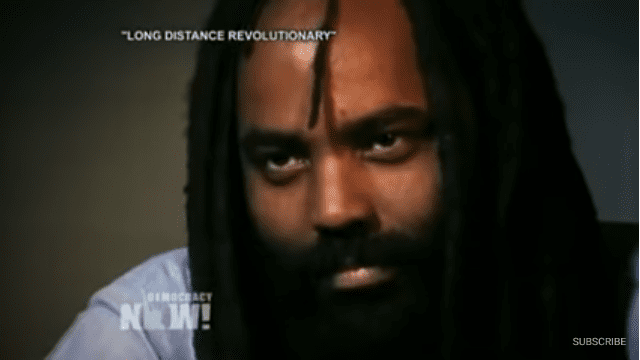 Mumia Abu-Jamal was again spared the death penalty for being a convicted cop killer, this time by the U.S. Supreme Court, who told Philadelphia prosecutors to either pursue another death penalty sentence or accept Abu-Jamal’s sentence of life in prison.
Mumia Abu-Jamal was again spared the death penalty for being a convicted cop killer, this time by the U.S. Supreme Court, who told Philadelphia prosecutors to either pursue another death penalty sentence or accept Abu-Jamal’s sentence of life in prison.
Unlike Georgia’s Troy Davis, who was executed despite international support to have his death sentence commuted because of the cloud of doubt and recanted testimonies, the court spared Abu-Jamal capital punishment because of confusion. In this instance, the court said the death-penalty instructions were potentially misleading.
Earlier this year, a federal appeals court upheld the conviction that Abu-Jamal, who had languished in prison for the past 30 years in the 1982 killing of white police officer Daniel Faulkner. The Abu-Jamal case and conviction and subsequent appeals catapulted the former cab driver to a level of celebrity not seen since, ironically, Black Panther Party founder Huey P. Newton found himself in a similar circumstance in Oakland, Calif., in 1967.
Widener University law professor Judith Ritter and the NAACP Legal Defense & Educational Fund represented Abu-Jamal in the latest appeal.
“At long last, the profoundly troubling prospect of Mr. Abu-Jamal facing an execution that was produced by an unfair and unreliable penalty phase has been eliminated,” said John Payton, president of the fund. “Our system should never condone an execution that stems from a trial in which the jury was improperly instructed on the law.”
City prosecutors in Philly must now decide whether to pursue the death penalty for a second time. Only three people have been executed in Pennsylvania since 1976, and none since 1999.
Meanwhile, the officer’s widow, Maureen Faulkner, had wondered aloud Tuesday whether it was time to end the long-running drama. A rehearing would burden the city financially and cast Abu-Jamal back in the global spotlight. Besides, she mused somberly, many of the relevant witnesses are dead.
“He does get in the spotlight, and you just don’t know which way it’s going to go,” said Faulkner, now 54, from her home in southern California. “I have to think of the city of Philadelphia and the costs it would incur to open a new hearing. Any logical person would, after 30 years.”
Abu-Jamal’s writings and radio broadcasts from death row have made him a cause celebre and the subject of numerous books, movies and death-penalty protests. Some books, including one by Maureen Faulkner, have come out in support of the slain officer. She wants Abu-Jamal to be placed in the general population if he is to remain in prison instead of the “star” treatment she believes he is now receiving
Prosecutors said they need to exhale before deciding their next move, District Attorney Seth Williams said in a statement.
In the trial testimony, Abu-Jamal ran toward the scene of his brother scuffling with the 25-year-old patrolman during a 4 a.m. traffic stop in 1981. By the time officers got there, they saw Abu-Jamal with a gunshot wound from Faulkner’s gun. Faulkner was killed after suffering several gunshots. Worse, the .38-caliber revolver registered to Abu-Jamal was found at the scene with five spent shell casings. It was sufficient enough to have a guilty decision rendered against Abu-Jamal.
–terry shropshire









